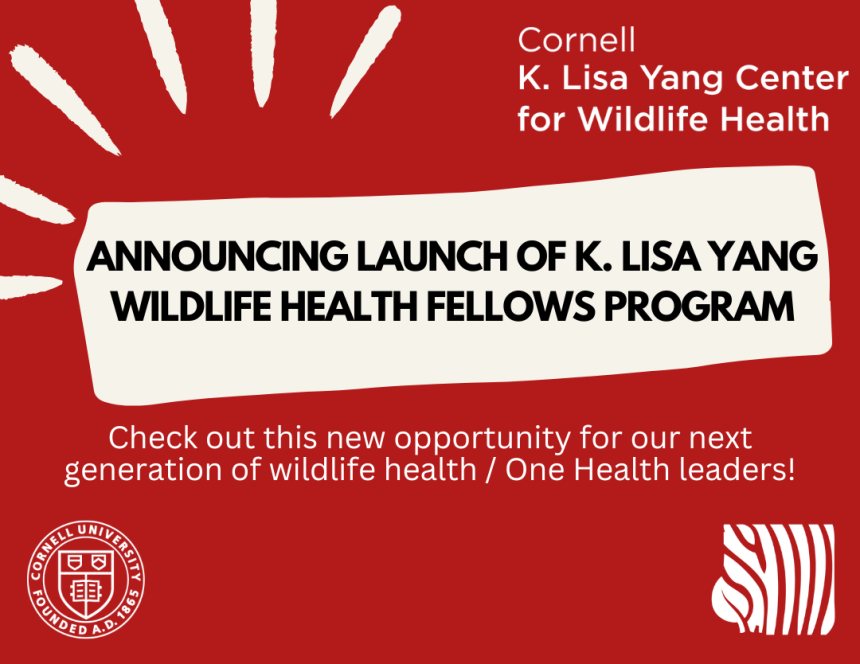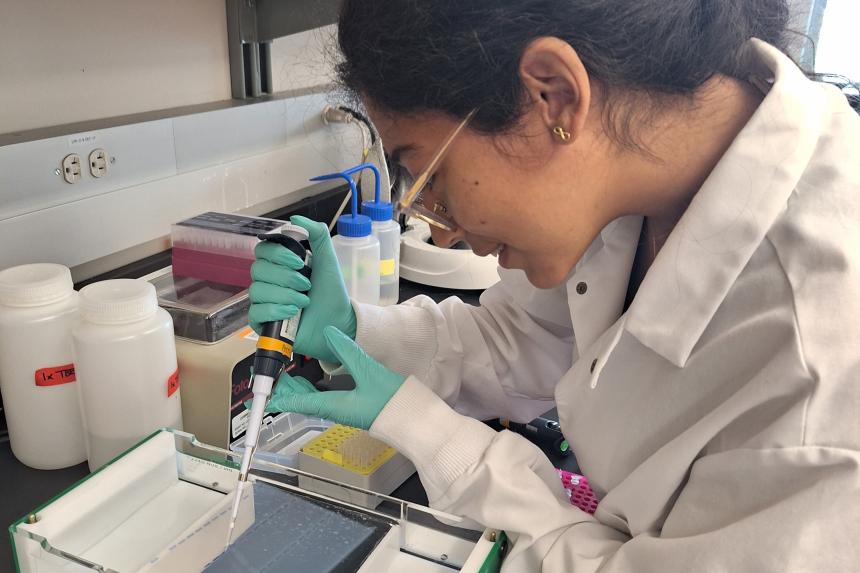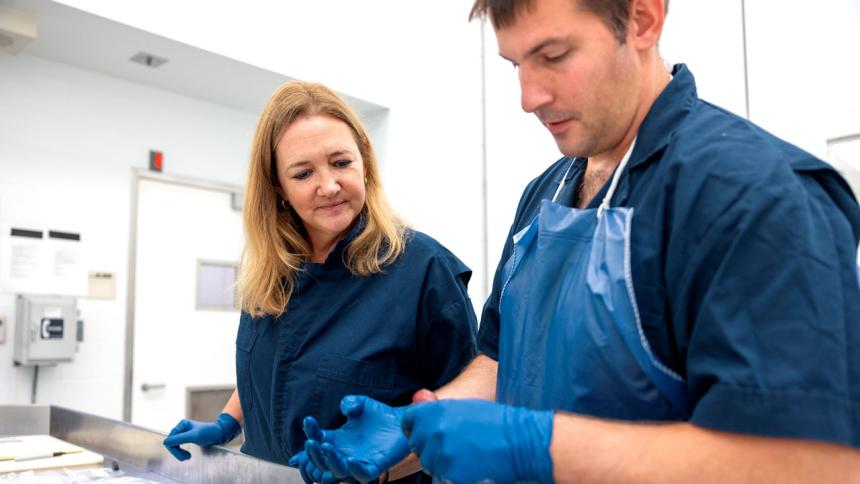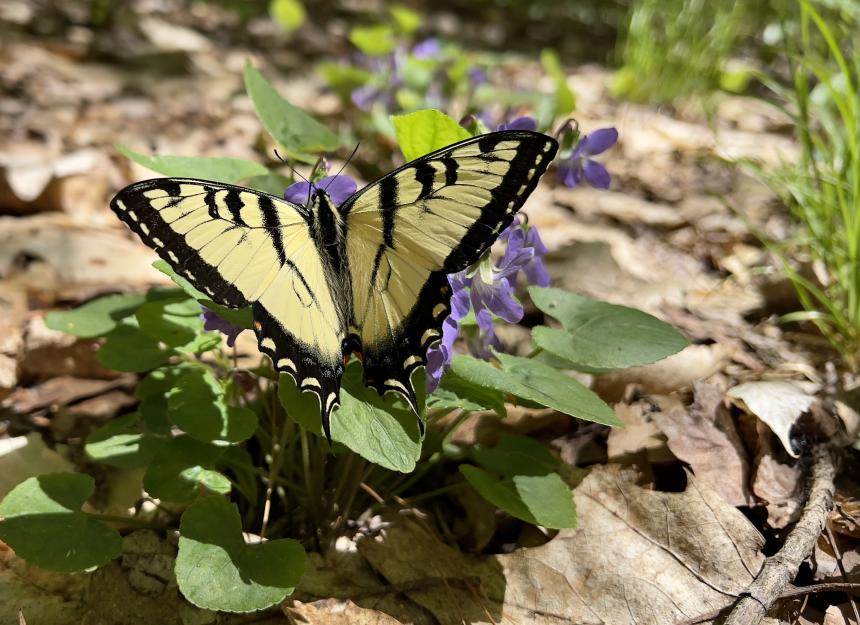In the News

Blog
July 16, 2024
Although my job title is “data analyst,” only a fraction of my time at the Cornell Wildlife Health Lab is spent analyzing data. I help people understand how to turn data into useful information and build the tools to help them do so....

July 12, 2024
Experts from Cornell and across the nation developed a computer model along with a user-friendly app that predicts counties where wildlife managers should target their surveillance of chronic wasting disease in deer.

July 01, 2024
Cornell’s Dr. Krysten Schuler and David Dayan discuss how pollution in the environment - from lead to PFAS - affects wildlife, and how birds are threatened on multiple fronts.

For Your Information
June 15, 2024
A collaborative team, including Cornell Wildlife Health Lab researchers, introduce a software program designed to enable agency personnel to make up-to-date, localized, data-driven predictions regarding the odds of chronic wasting disease detection in surrounding areas after an outbreak is discovered.

Blog
June 03, 2024
I work remotely, so these meetings are often the only human interaction I have all day. But that's not only a function of being remote - it's also a function of the nature of my work. The actual 'doing of the thing' - the math work itself - is often a solo sport....

Announcement
May 15, 2024
Check out this new opportunity for our next generation of wildlife health / One Health leaders!

May 13, 2024
Ever wonder what happens with our students after they are done working/learning with the Cornell Wildlife Health Lab? Well, we keep in touch and follow their journey beyond CWHL. Here's a look at what a few of our wildlife students have planned next.

Blog
April 30, 2024
My role within the laboratory is multi-functional, and I serve many stakeholders, including the wildlife health laboratory and the anatomic pathology group....

April 29, 2024
Conservation may seem like something that scientists do to protect species that many people only ever see in zoos. But conservation can happen everywhere, such as in your backyard. Cornell's Dr. Krysten Schuler weighs in on how people can help.
Blog
April 24, 2024
As a former undergraduate researcher and now postgraduate research technician with the Cornell Wildlife Health Lab, I have mostly worked on a study of environmental contaminants in hunter-harvested waterfowl....
